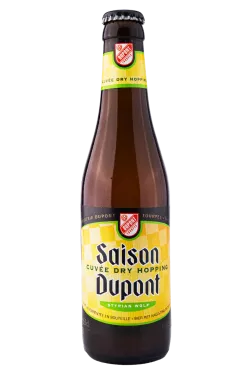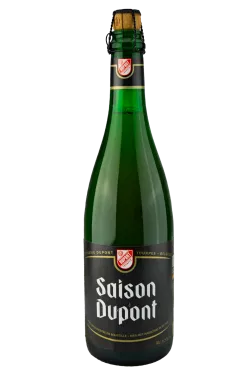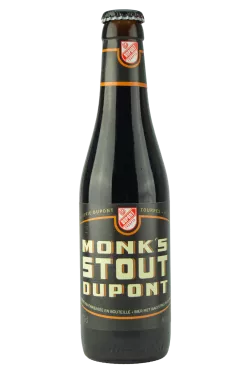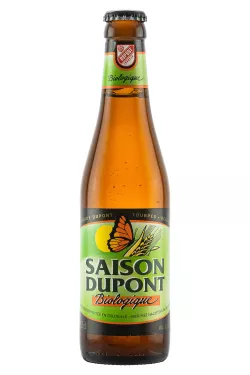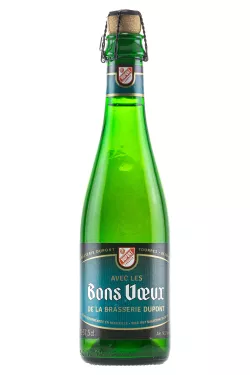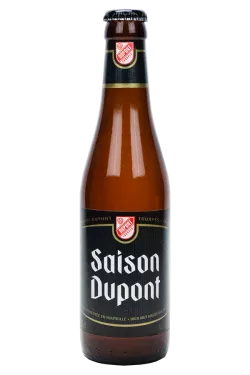Dupont
Many Belgian breweries did not survive the Second World War. This was not only because many breweries fell victim to attacks, but because the end of the war brought with it a desire for Pilsner. Many breweries could not meet this demand. Thanks to the skills of brewing engineer Sylva Rosier, Brasserie Dupont was able to follow the trend and still exists.
Successful bribery
Like many Belgian breweries, Brasserie Dupont was previously a farm. Because winters in Belgium are long and harsh, farmers could only cultivate their fields from spring to autumn. In the months between November and March, cabbage was the only crop that grew, but it didn't need any care. In order to earn some money in the winter months and avoid having to lay off their laborers, many farmers began brewing beer as soon as the harvest was over. This time was also ideal in terms of climate: the beer was cooled by the freezing temperatures outside and did not have to be artificially created. Brasserie Dupont dates back to the Rimaux-Derrider family farm, who specialized in the production of Belgian seasonal beer and honey-based brews. The Duponts came into play when Alfred bought the farm for his son Louis. Louis was considering moving to Canada and his father wanted to prevent this with his generous gift. The son was persuaded and began to revise the farm brewery's recipes. His Saison is still brewed today, although Louis has long since passed the company on to his descendants.
Modern classics
The children of Louis' nephew Sylva Rosier currently run the brewery. They brought a breath of fresh air to the traditional brewery and were among the first to brew beer with organically grown raw materials. Over the course of four generations, the brewery has been continually updated, modernized and mechanized. Today, brewing is done using a brand new system. The brewery's range consists of just over a dozen classics of Belgian brewing. The beers are full of character, have a higher alcohol content and are wonderfully flavorful. The second fermentation in the bottle is typically Belgian: after bottling, the sugar content is checked, a little more sugar is added if necessary and then the yeast works its magic and transforms the beer into a flavorful masterpiece with sparkling carbonation. The beer usually matures for six to eight weeks in this second round, but anyone who wants to can continue this process at home. Unlike many other brews, Belgian beer gets better over time.
